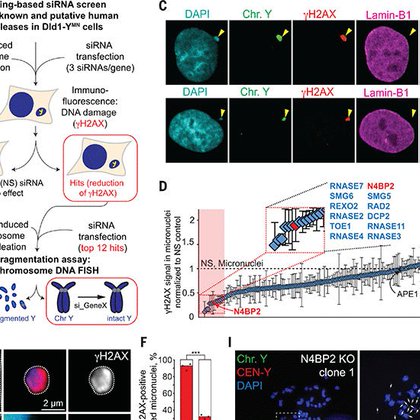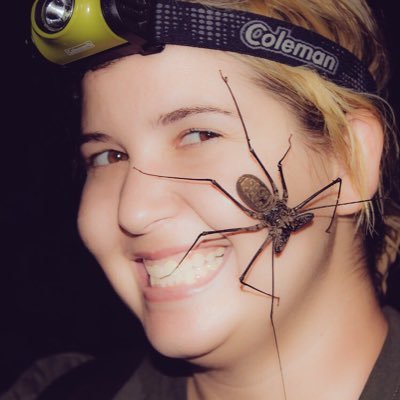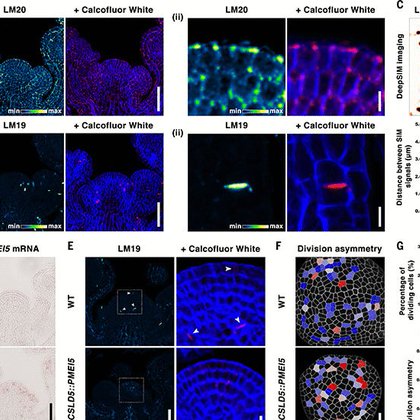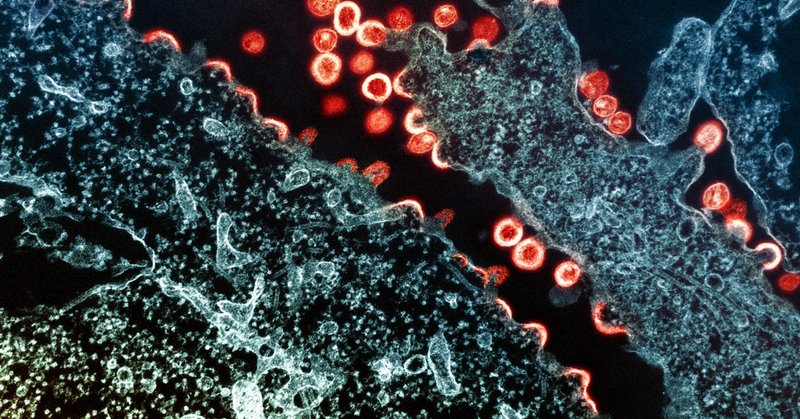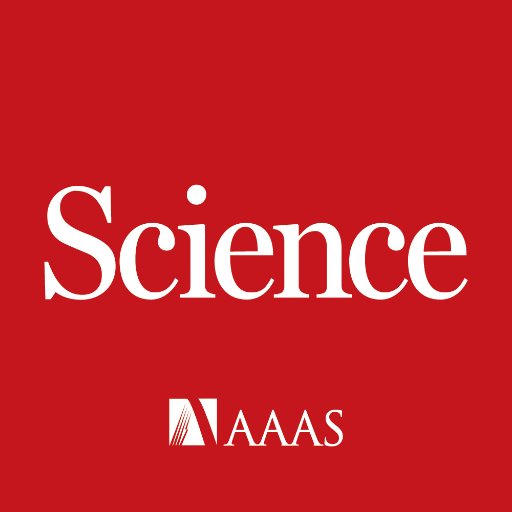
Science Magazine
@ScienceMagazine
Followers
5M
Following
4K
Media
23K
Statuses
46K
Cutting-edge research, news, commentary, and visuals from the Science family of journals. Follow @NewsfromScience for stories from our News team.
Washington, DC & Cambridge, UK
Joined April 2009
Long before flowers dazzled pollinators with brilliant colors and sweet scents, ancient plants used another feature to signal insects: heat. The findings in Science offer new insights into what shaped the earliest eras of plant-animal coevolution. Learn more in this week's
7
49
251
Science is publishing an Erratum for the January 2011 Report “Intramembrane cleavage of AMA1 triggers Toxoplasma to switch from an invasive to a replicative mode.” https://t.co/xSjmOLE0F0
0
1
14
Power your home for less. Generate clean energy from the sun and save every month with Tesla Solar.
0
268
2K
Join #ScienceWebinars for their next #ScienceAndLife broadcast on Thursday, 18 December at 12 p.m. ET ➡️ Building a global community for rare disease: Accelerating treatments, access, and collaboration. Register today: https://t.co/doE4aFBhct
1
6
15
“It’s exciting to think that even the scars of these ancient creatures can reveal moments of their most intimate lives.” Learn more: https://t.co/RdtukMMhc6
@NewsfromScience
3
4
35
Medical testing and devices must be reimagined to combat ableism, argues disability scholar Rebecca Monteleone in her new book, The Double Bind of Disability. Read the #ScienceBooks Review: https://t.co/XwhtuS5UUZ
2
3
28
An analysis of #earthquakes on the Central San Andreas Fault in @ScienceAdvances shows that ordinary earthquakes are more affected by annual loadings of groundwater, while low-frequency earthquakes are more affected by the daily tide. https://t.co/S8Wzd3WbyH
0
3
26
Cryogenic electron tomography of condensed chromatin enables multiscale analysis of its structure. Learn more in a new #SciencePerspective: https://t.co/V80irgL5NW
1
23
125
A new @SciImmunology study that evaluated five different large language models LLMs finds that they can support vaccine research, but are not very effective at generating creative hypotheses or designing novel experiments. https://t.co/4qNwF4eo8H
2
10
37
Microscopic analysis of an unconventional throat bone helps resolve a long-standing debate in paleontology, researchers report in Science, revealing evidence that Nanotyrannus lancensis—long thought by many to be a teenage Tyrannosaurus rex—was in fact a fully mature, distinct
5
23
114
AI agents aren’t failing for lack of IQ—they’re failing for lack of context. The winners will nail the context layer: clear objectives, permission-aware access to the right content, and workflow-specific tools. Build agents that know your business, not just the internet.
0
4
45
Science is publishing an Erratum for the June 2024 Research Article “Cryo–electron microscopy reveals hydrogen positions and water networks in photosystem II.” https://t.co/Z0aUjI7mdY
5
7
34
Our @ScienceMagazine perspective : have quantum simulators already found new physics ? Think hot-air balloons: tricky to fly, not very steerable, but once aloft can drift into unexplored territory and make real “discoverinos.” https://t.co/tOyC3KETBU
https://t.co/DtKT4ds5nR
2
8
40
Thrilled to share that my paper is out today in Science @ScienceMagazine ! So grateful to everyone involved, and excited to continue this work in my own lab at the University of Iowa @uiowa. https://t.co/Wg26axxrvl
science.org
Genome instability, including chromothripsis, is a hallmark of cancer. Cancer cells frequently contain micronuclei—small, nucleus-like structures formed by chromosome missegregation—that are suscep...
7
32
212
We've known about cancer chromothripsis—the shattering and scrambling of chromosomes— since 2011, but now we know the likely mechanism @ScienceMagazine
https://t.co/p6BYzAAFTa
9
41
170
I love this crossbody bag. It is large enough and small enough at the same time. It holds my full size wallet and sunglasses along with anything else that I might need. It isn’t bulky or heavy. It also fits in the Siena Rivera Tote.
2
7
64
Researchers have developed a global index that tracks the price of fake-account text verifications, revealing price spikes around elections and market trends that reflect national telecom costs. The findings in Science offer policymakers a new window into how online
0
12
46
The structure of the bacterial genotoxin colibactin bound to DNA shows how it might contribute to cancer risk. Learn more in a new #SciencePerspective: https://t.co/tVn7ujOOsI
5
40
208
These bots are smaller than some single-celled organisms, yet they can sense their world and move about. That and more of the best from @ScienceMagazine and science in this edition of #ScienceAdviser: https://t.co/HI0HQur3Pd
3
20
53
Researchers use #AI and Reverse Vaccinology 2.0 on human blood samples to identify a potential new mpox target, and use the target in a vaccine that elicited mpox-neutralizing antibodies in mice. @ScienceTM
https://t.co/xl05ZBCoIL
2
21
77
Thrilled to have our paper out in @ScienceMagazine We show that bimodal pectin methylesterification, via PME5 mRNA nuclear sequestration, influences stem cell division and cell plate orientation in Arabidopsis shoot apical meristem.
science.org
The plant cell wall regulates development through spatiotemporal modulation of its chemical and mechanical properties. Pectin methylesterification is recognized as a rheological switch controlling...
5
23
66
Mountain ecosystems may be more resilient to climate change than previously believed, according to a Science study from earlier this year, which reported little empirical support for the widely recognized “escalator to extinction.” Learn more on #InternationalMountainDay:
4
13
48
When people living with HIV stop taking drugs, the virus typically resurges within weeks. New interventions help some suppress the virus much longer. https://t.co/MfSfJeIJtg
@NewsfromScience
science.org
Specific class of immune cells help keep virus at bay for months or years—even in the absence of drugs
2
11
61






